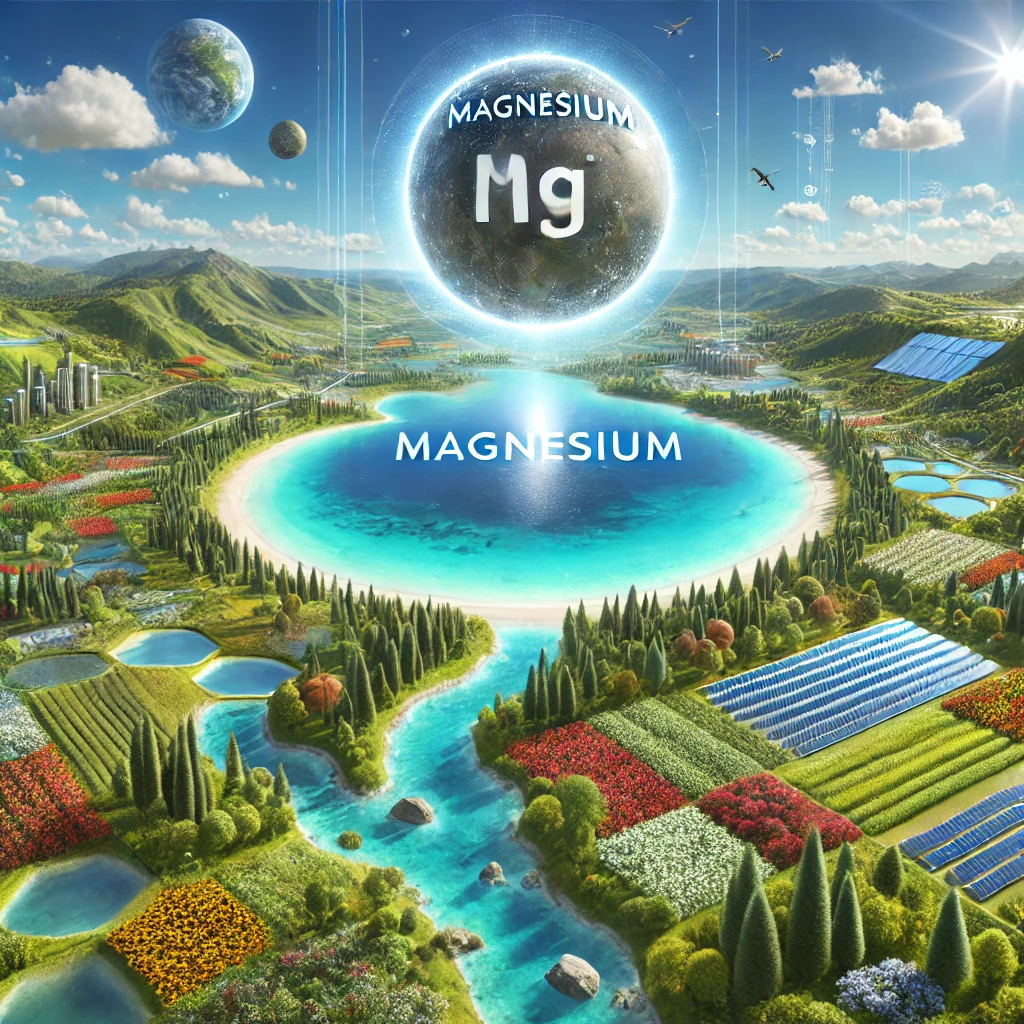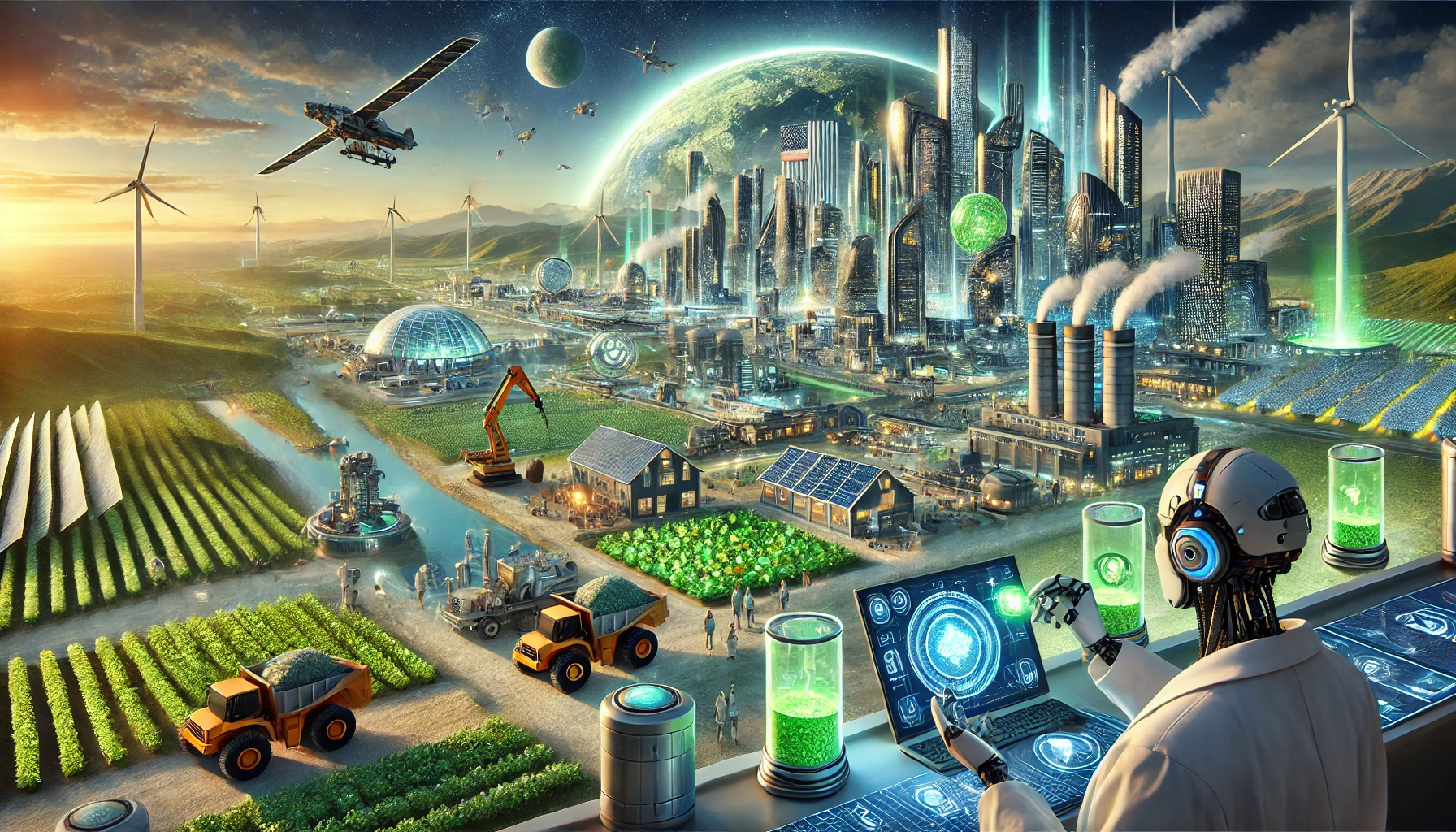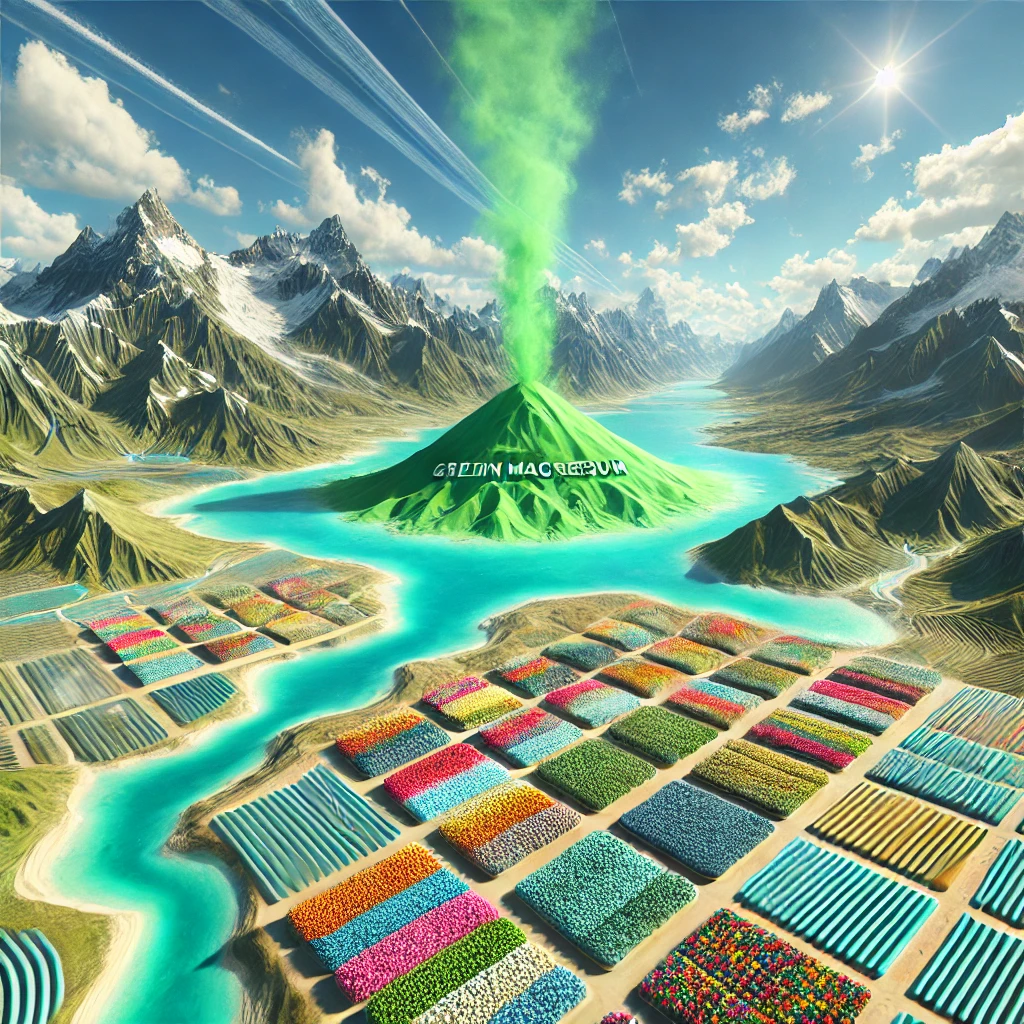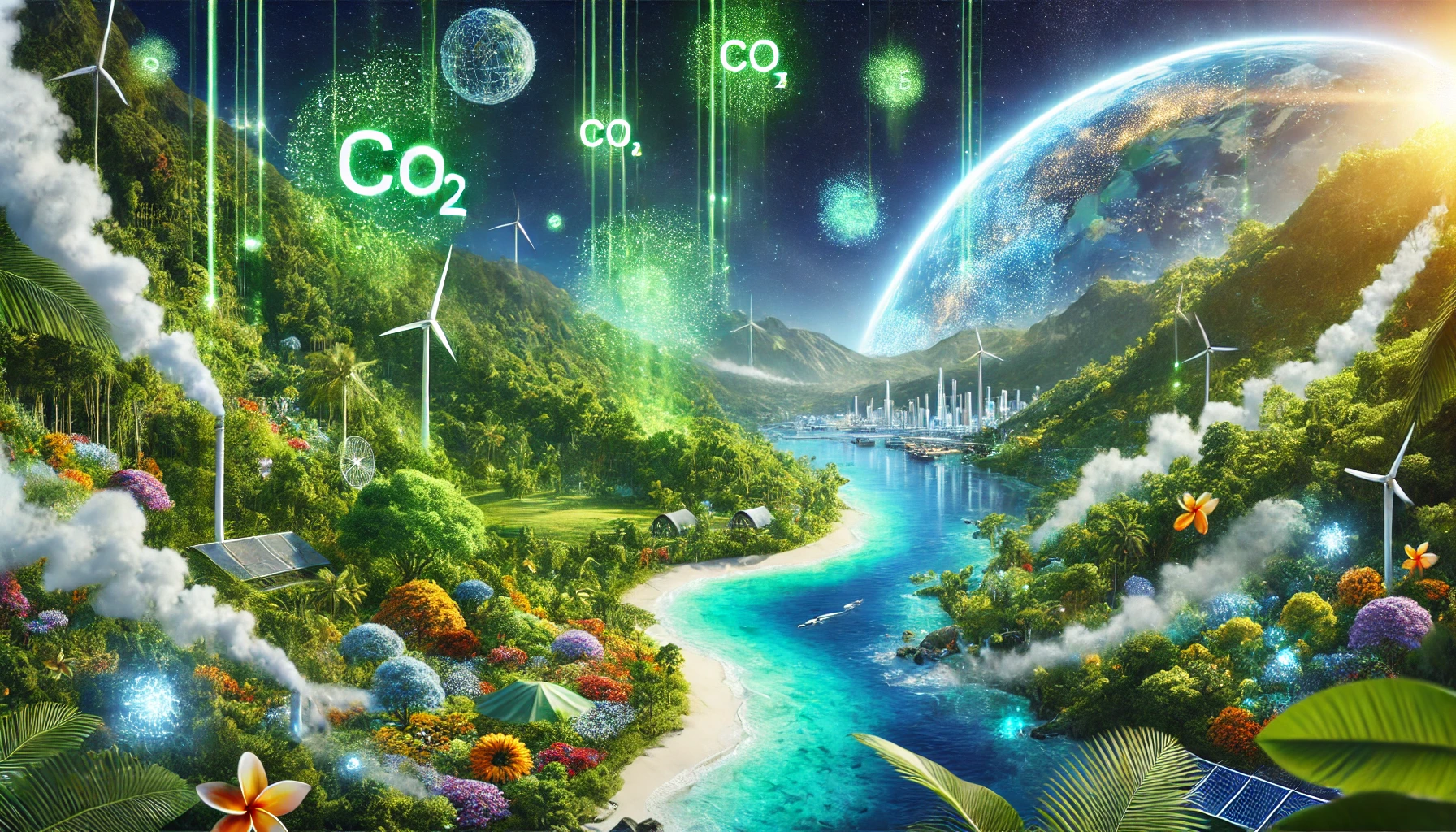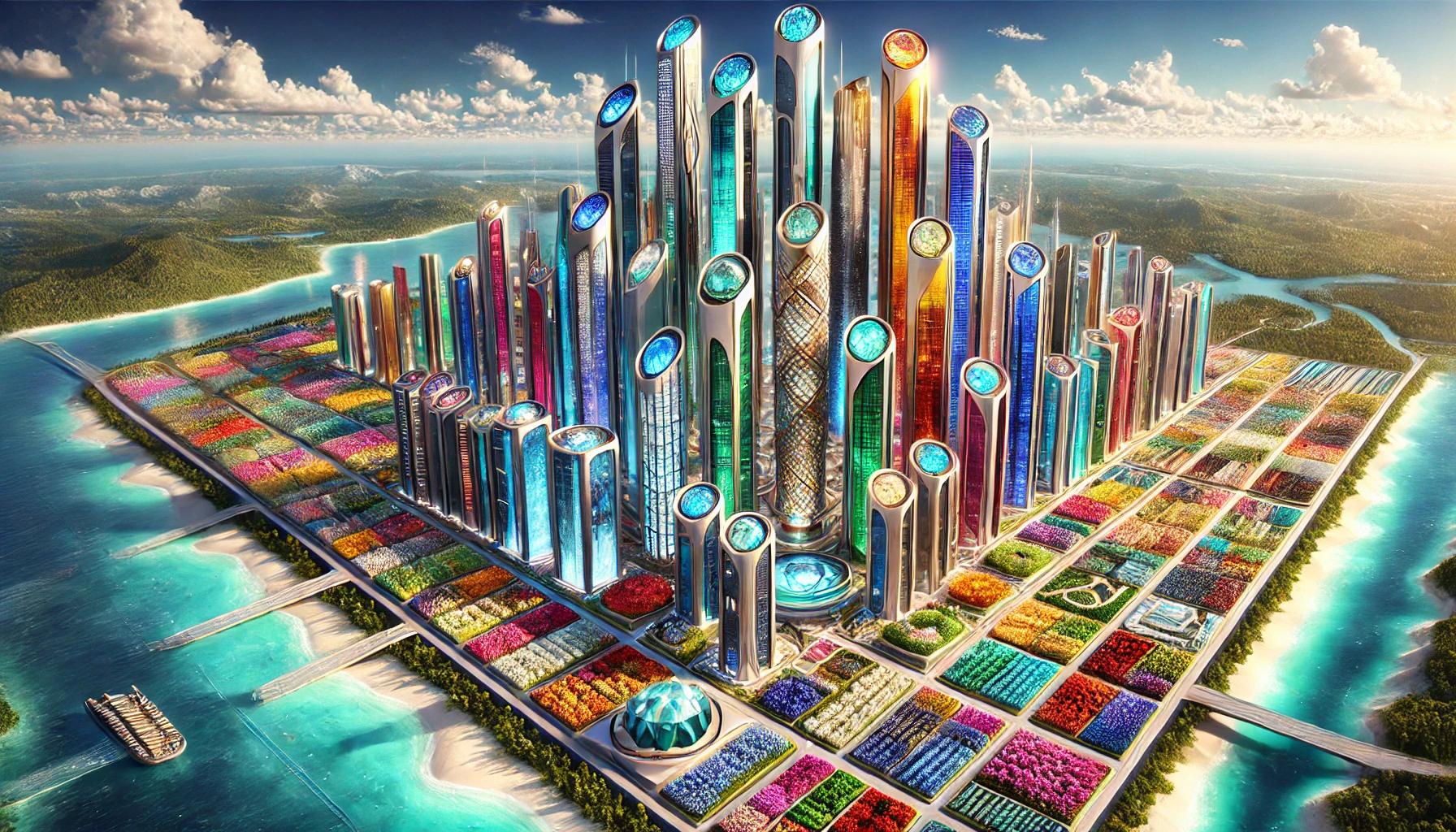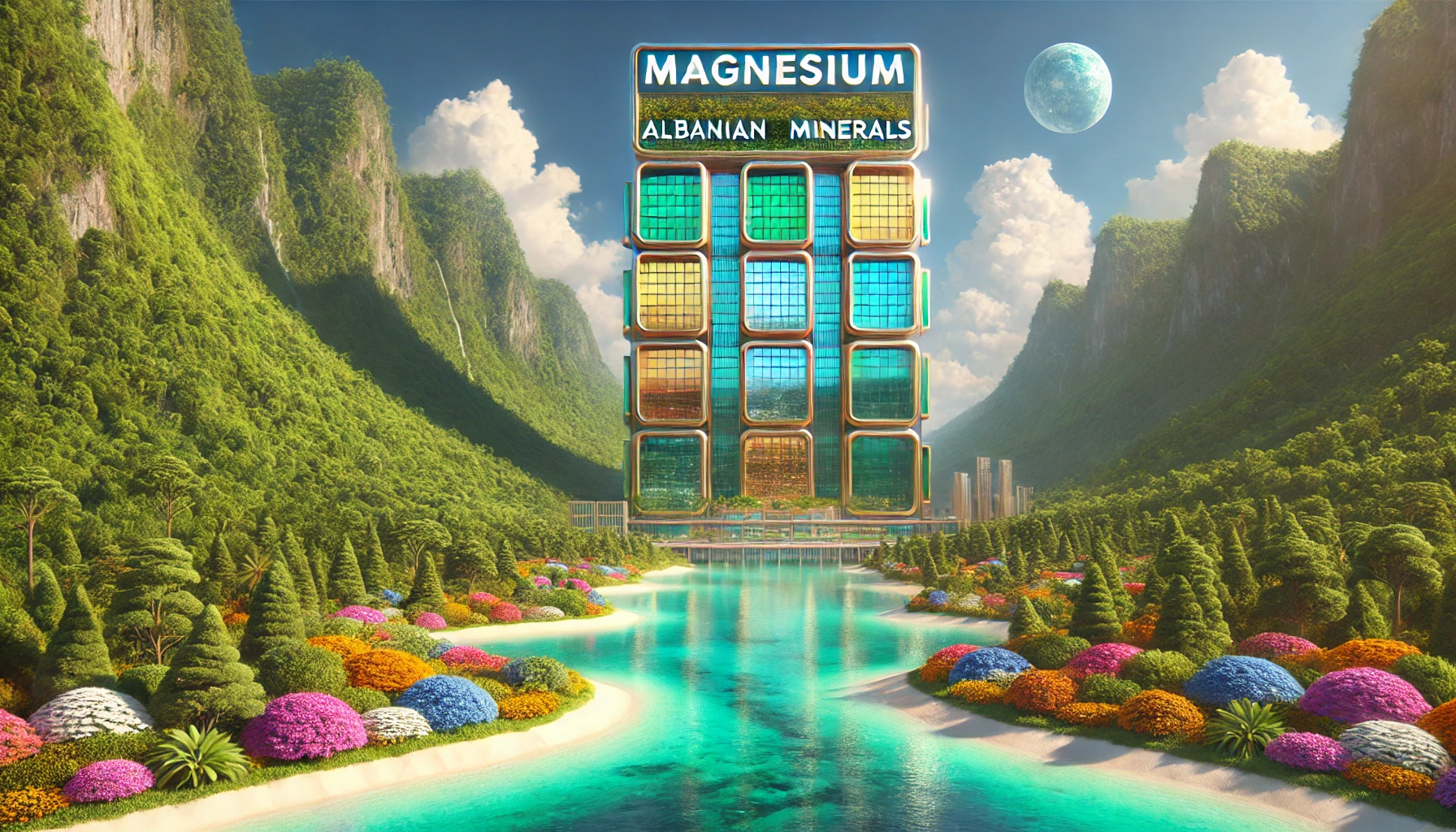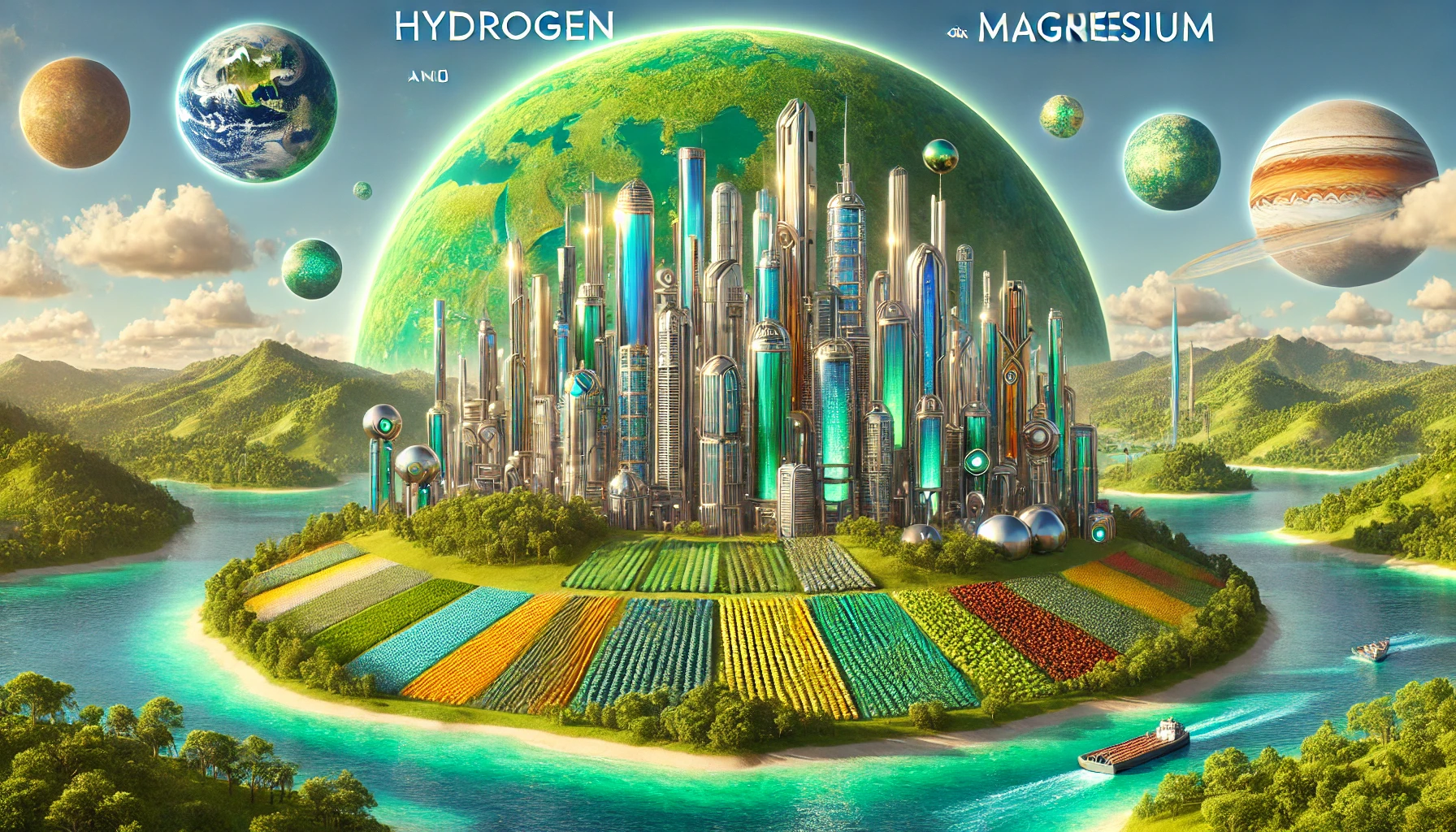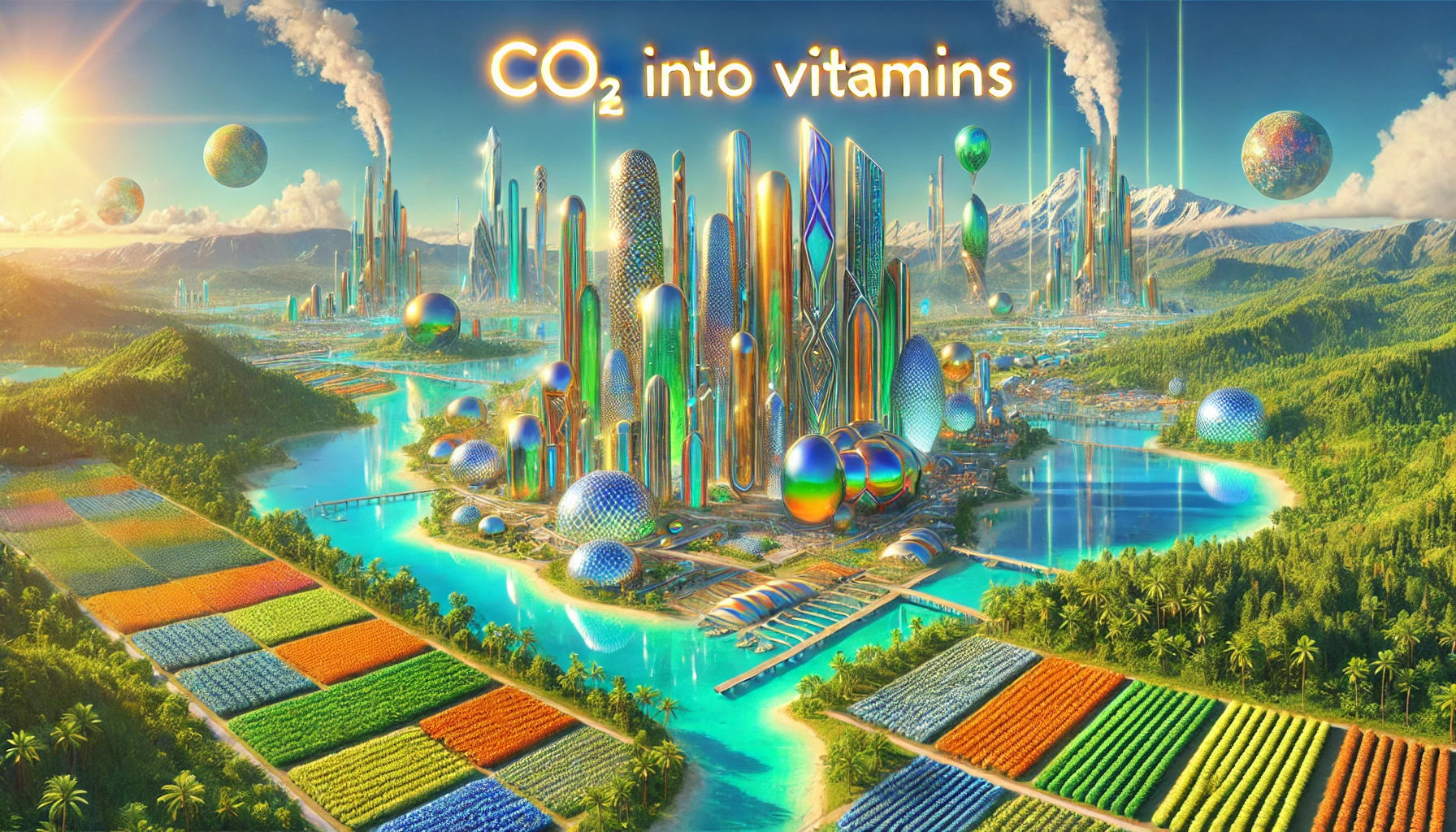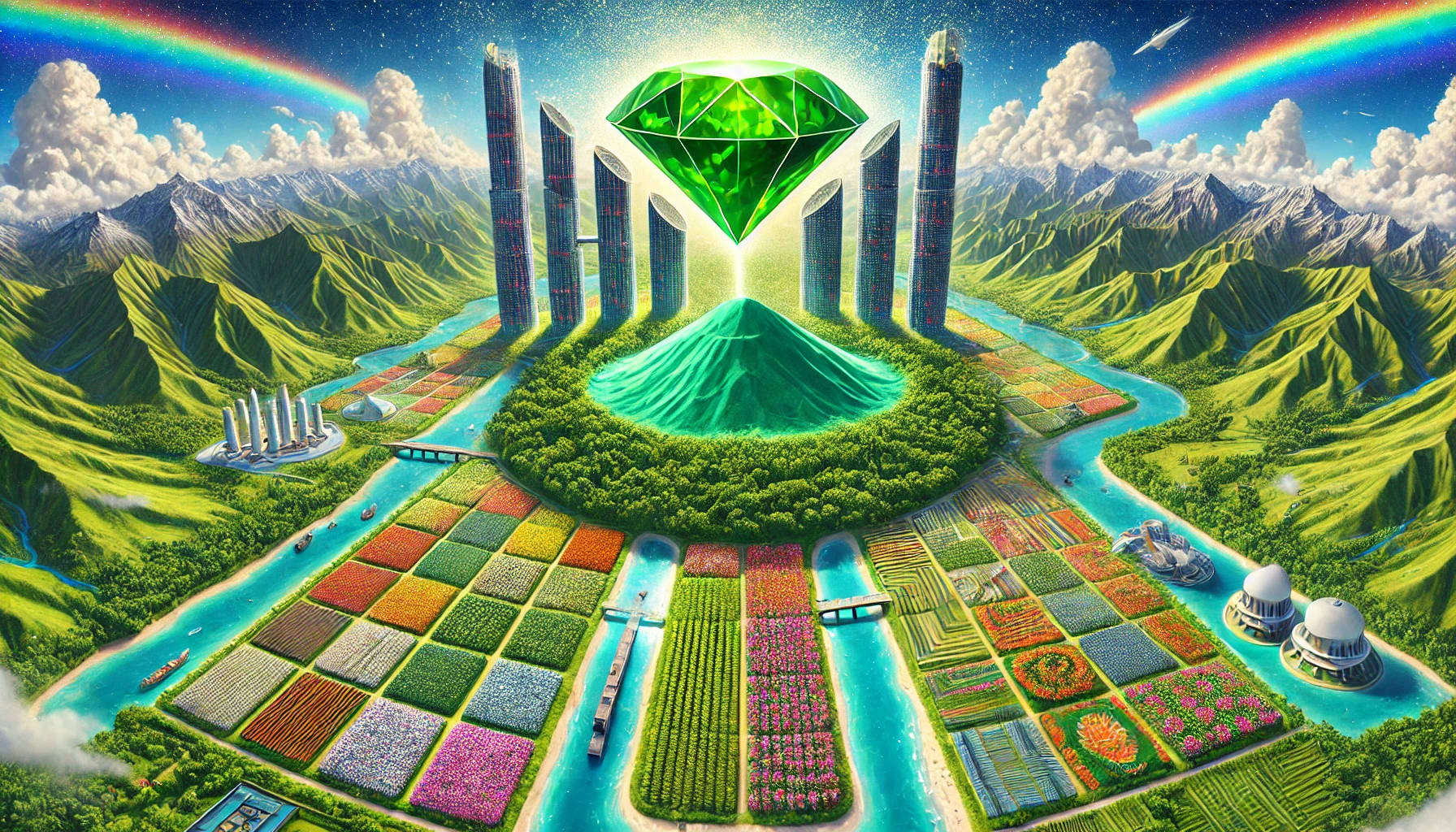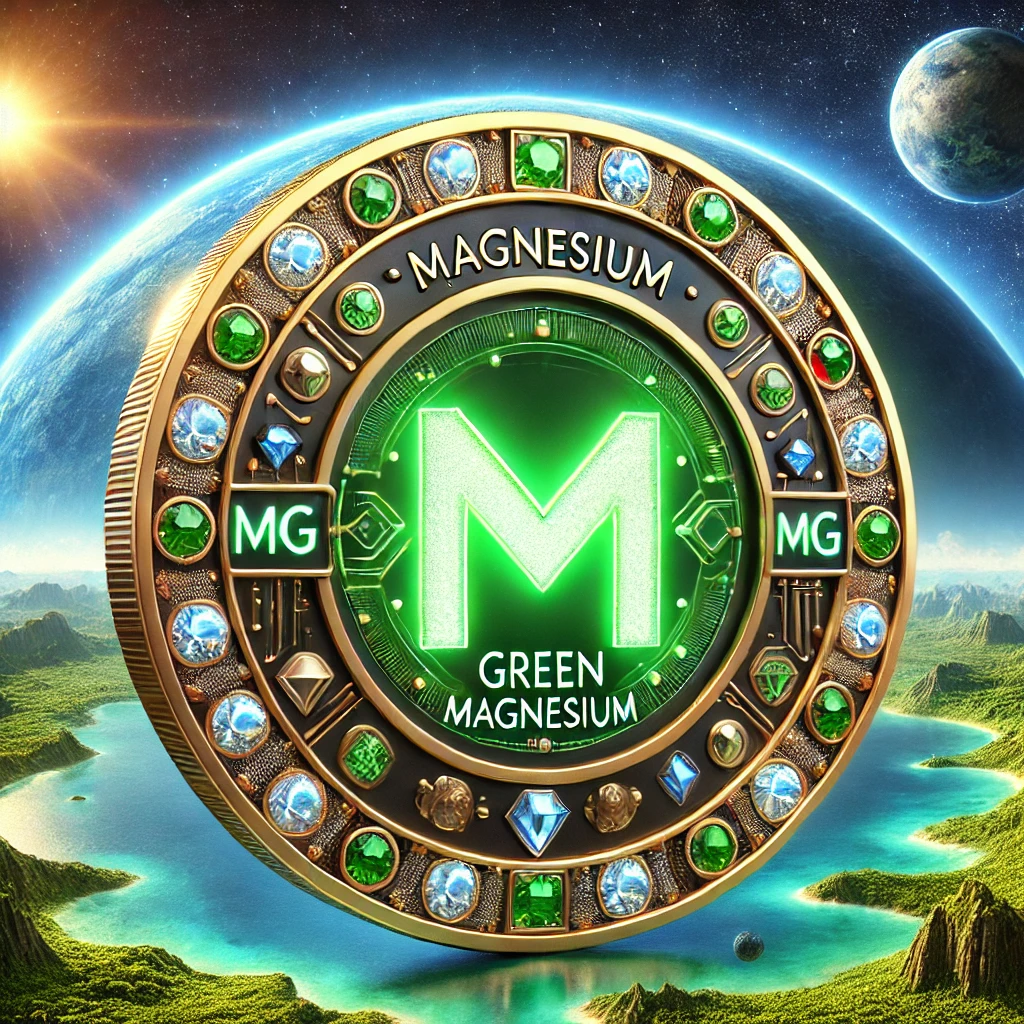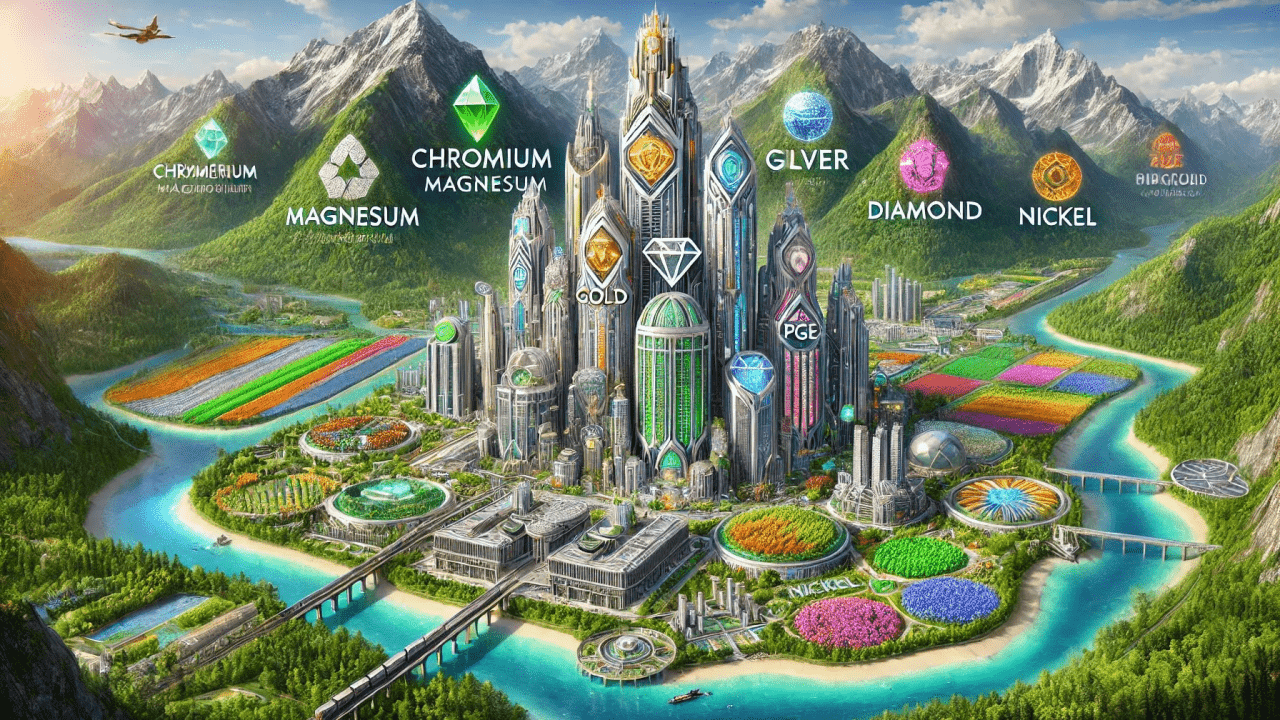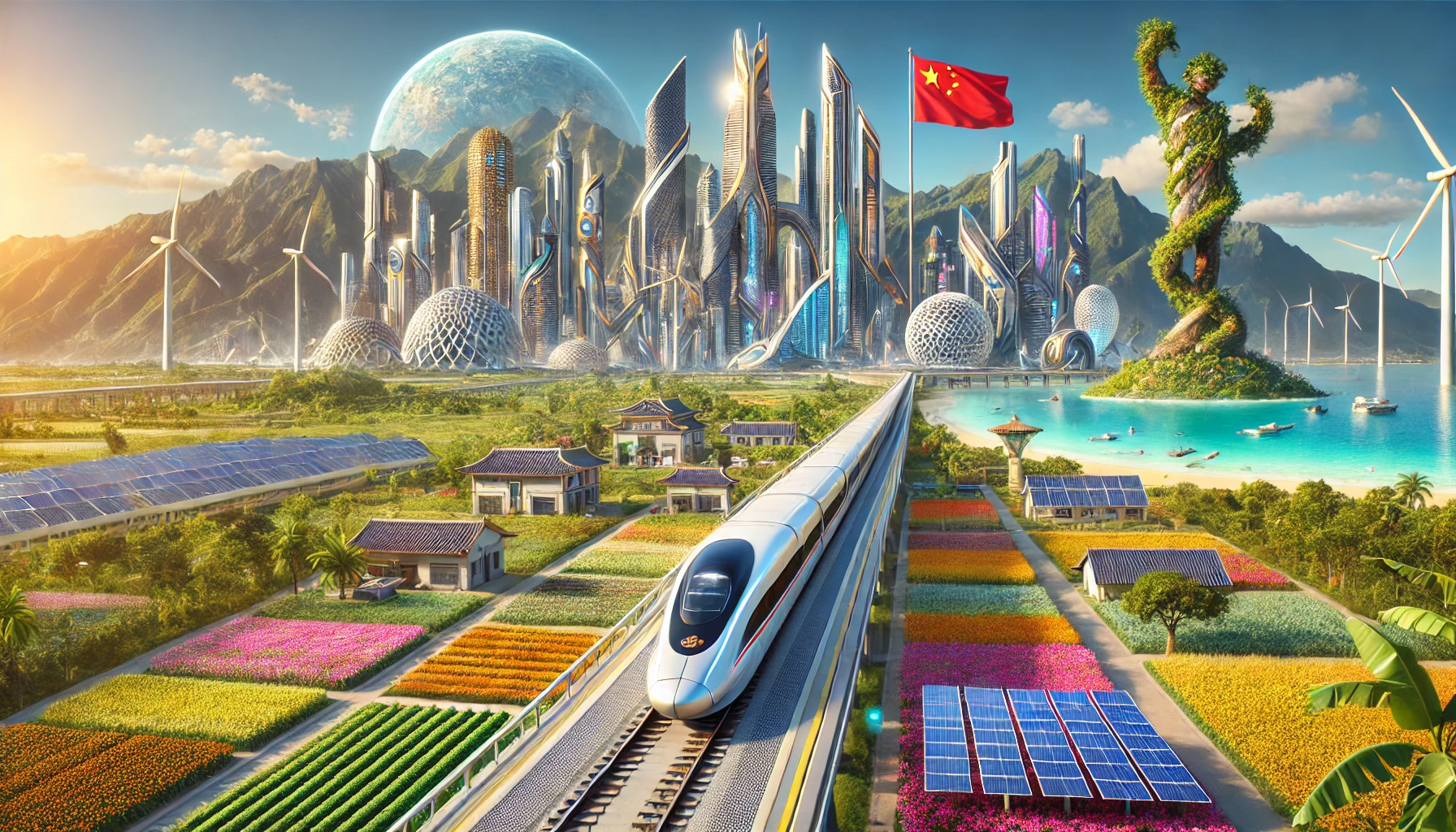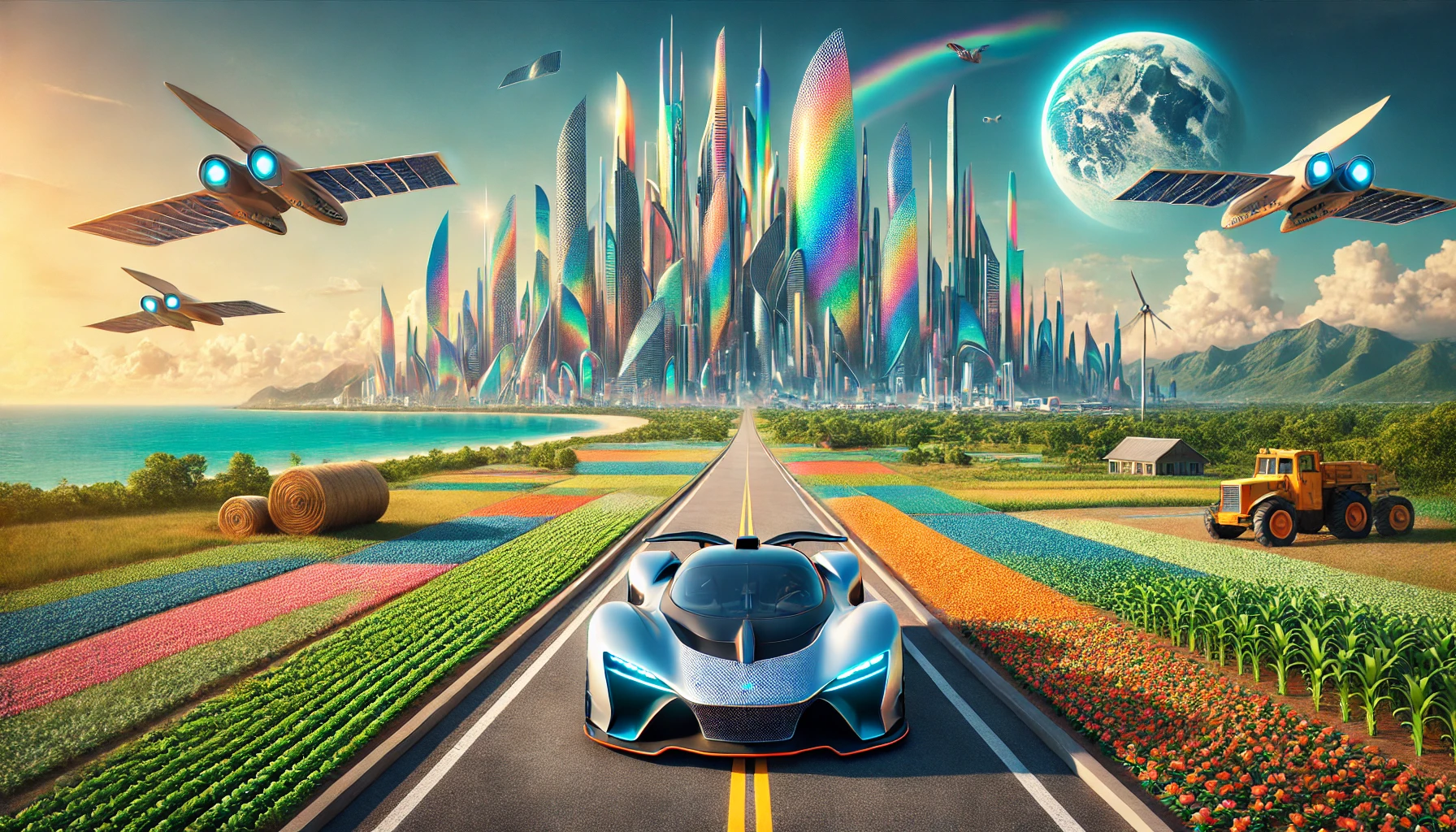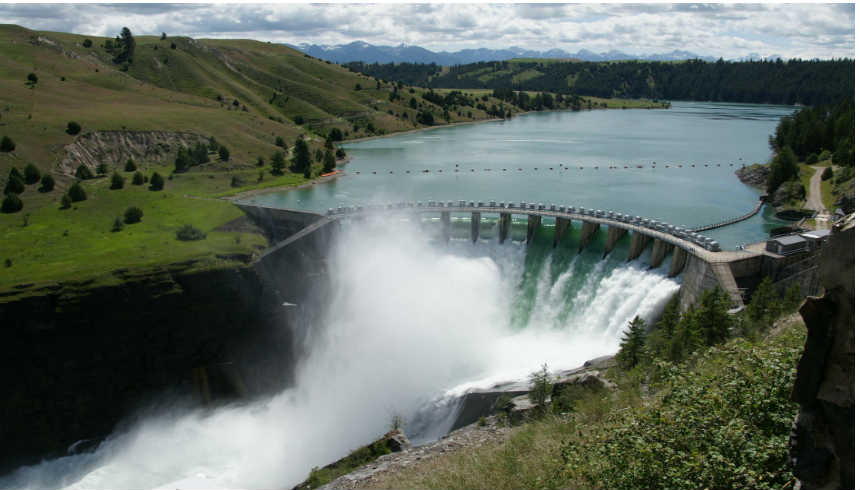
Africa has the world’s greatest green energy potential, wind, solar, hydro, and geothermal energy, unlocking this potential will involve multiple governments and partners working together.
Green energy system centred on renewable energy can help resolve many of Africa’s social, economic, health and environmental challenges. A profound energy transition is not only feasible, it is essential for a climate-safe future in which sustainable development prerogatives are met. Renewables are key to overcoming energy poverty, providing needed energy services without damaging human health or ecosystems, and enabling a transformation of economies in support of development and industrialisation.
Africa is extraordinarily diverse, and no single approach will advance its energy future. But efforts must be made to build modern, resilient and sustainable energy systems across the continent to avoid trapping economies and societies in increasingly obsolete energy systems that burden them with stranded assets and limited economic prospects.
According to UN, Africa is rich in natural resources ranging from arable land, water, oil, natural gas, minerals, forests and wildlife. The continent holds a huge proportion of the world’s natural resources, both renewables and non-renewables.
Africa is home to some 30 percent of the world’s mineral reserves, eight per cent of the world’s natural Gas and 12 percent of the world’s oil reserves. The continent has 40 percent of the world’s gold and up to 90 percent of its chromium and platinum. The largest reserves of cobalt, diamonds, platinum, uranium oil, natural gas, copper, cobalt, aluminum potash, lead, zinc, uranium, phosphates, manganese, natural gas, coltan and derivates of niobium and tantalum, iron ore, lithium beryllium, rare earths (monazite, euxenite), niobium, tantalum (columbo—tantalite, pyrochlore),zirconium, titanium and germanium . Africa holds 65 percent of the world’s arable land and ten percent of the planet’s internal renewable fresh water source.
The Congo Basin contains the world’s second-largest rainforest, crucial for rainforest, the Congo Basin’s trees soak up some 1.2 billion tons of CO2 a year. The Congo’s rainforest plays a crucial role in the stability of the world’s climate.
Albanian Minerals CEO Sahit Muja from New York said, “Africa needs green innovative systems that protect and enhance the natural resource base, while increasing productivity. Needed a revolution towards agroecology, agro-forestry, climate-smart agriculture and conservation agriculture, Technological improvements, along with drastic cuts in fossil fuel use, would help address global climate change”.
“Africa has huge potential to invest with patience and persistence it can get better, the progress can be made, prosperity can be shaped with substantial work and dedication, as long as all People in Africa and the world play our part”. Mr. Muja said.
Sahit Muja said, “Africa; being so richly endowed with significant reserves of the world’s most important metals, must immediately change the course and become equipped technologically and financially to become a significant producer and put an end to the pattern of Africa’s abundant resources yielding limited benefits to African people”
Sahit Muja added that, My goal is an idea of the future , inspiring, empowering, and connecting the next generation of business leaders to change their communities, their countries, and our world for the better.
The greatest green energy project plan envisions the rehabilitation of two dams and construction of two dams to tap the immense hydropower potential of the river. Proponents tout “Grand Inga” as a transformative project that will be the beacon of development on the African continent by delivering cheap electricity to 500 million Africans
With an estimated capacity of 45,000 megawatts (MW), or 40% of the continent’s electricity needs.
